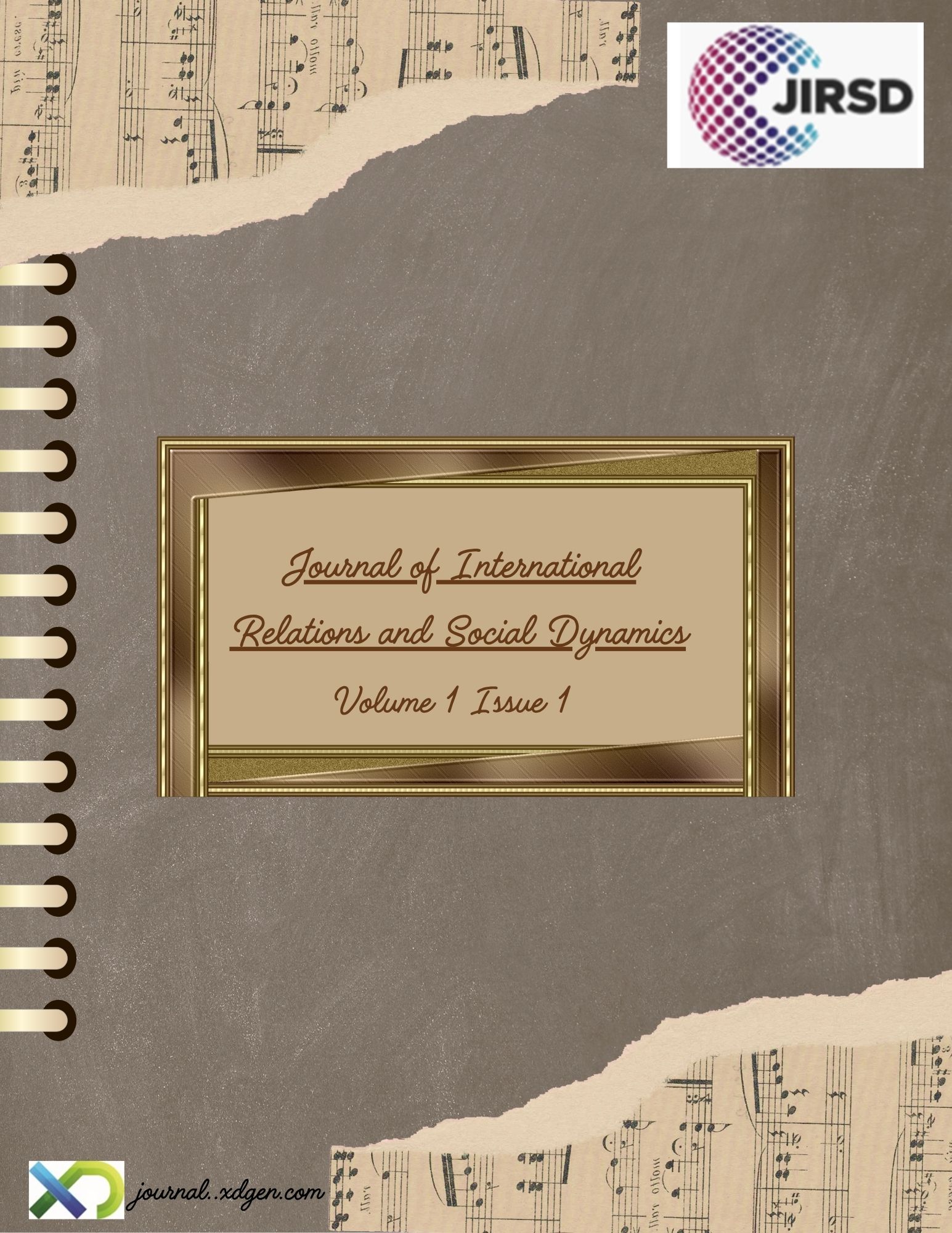Mapping Contextual Performance and Teacher Performance in South Punjab: A Comparative Study in Public and Private Educational Institutions
Keywords:
Contextual Performance, Government and Private Schools, EducatorAbstract
This study investigates the relationship between Contextual Performance (CP) and teacher performance in the educational landscape of South Punjab. Conducted across both public and private educational institutions, the research aims to compare and contrast the levels of CP exhibited by teachers in these settings. The study delves into the impact of CP on teachers' performance, exploring how these voluntary behaviors influence educational outcomes. A convenience sampling method was employed to assess the performance of instructors in both government and private schools. This involved selecting a sample of principals and teachers for evaluation purposes. As a result of the researchers' meticulous efforts, all 300 surveys were distributed to teachers,and 60 questionnaires were dispatched to principals, indicating a high level of engagement from the participants. In order to achieve accurate findings, the researchers employed various statistical methodologies in the analysis of the collected data. Based on the findings of this study, it was observed that school instructors exhibited a high level of CP, with a special emphasis on traits such as compassion, politeness, and conscientiousness. The results of the study indicated a statistically significant association between CP and the performance of instructors in both public and private educational institutions. Utilizing comprehensive data analysis from a diverse sample of educators, this comparative study provides insights into the significant role of CP in shapingteacher effectiveness within the educational framework of South Punjab's public and private institutions.

